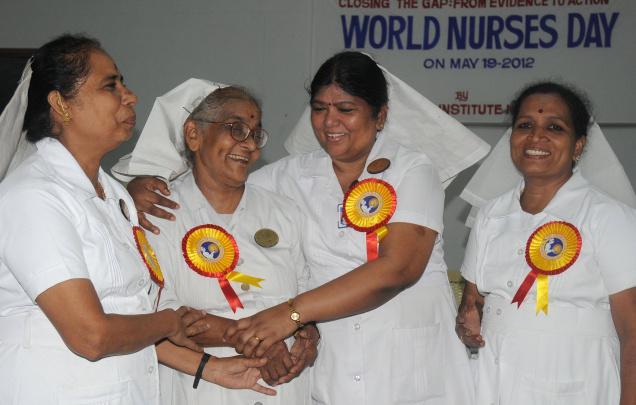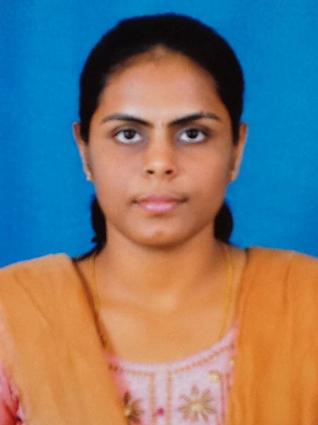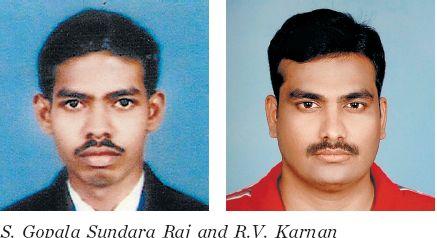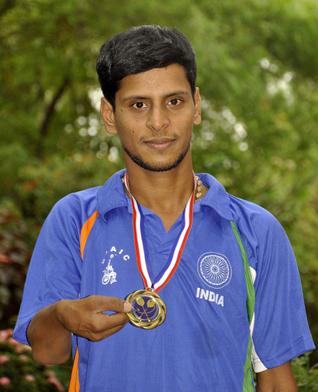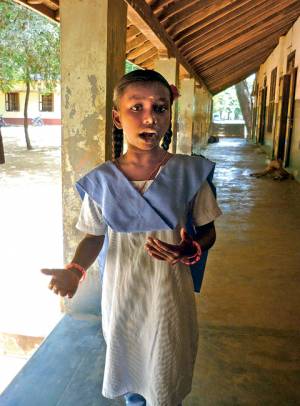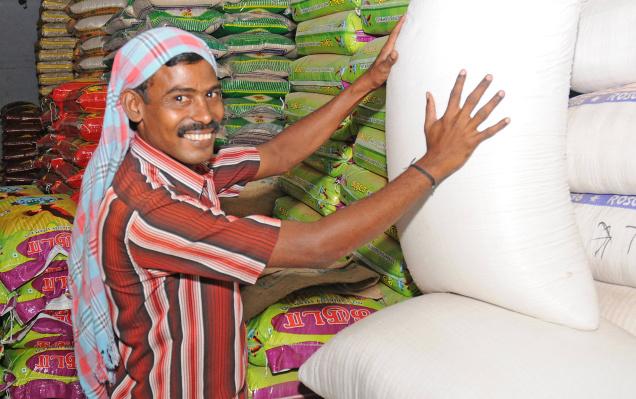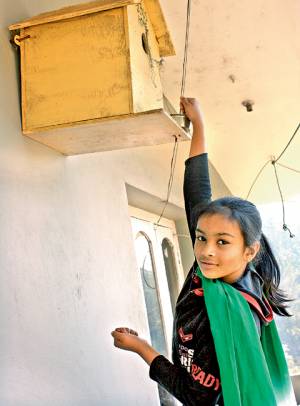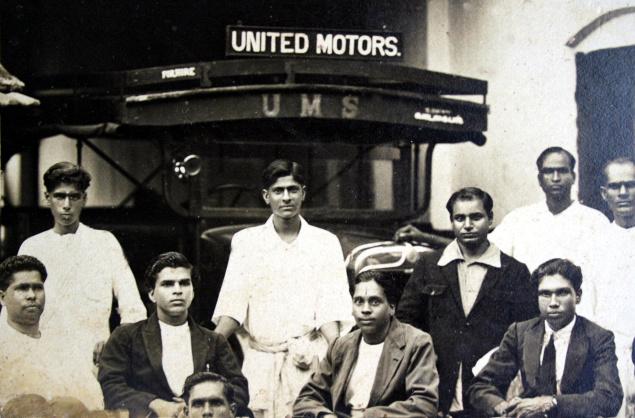Chennai:
A board outside an apartment building in Adyar announces free counselling for cancer patients. Inside the comfortably furnished room, Brigadier Dr C R Suryanarayan sits, ready to receive anyone who might need help.
Dr Suryanarayan was one of the pioneers of radiation treatment in India, having started the first Radiation Medicine Centre in the Military Hospital at Delhi in 1957, as Chief Medical Officer. For his contribution to the field of chemotherapy in cancer treatment, he was recently given a lifetime achievement award by the Tamil Nadu Dr MGR Medical University. He has spent the last few years travelling around the world, delivering lectures on a wide range of topics. Closer home, he provides free counselling for those suffering from cancer. His interest in the field of cancer treatment probably stems from the fact that he is the nephew of Muthulakshmi Reddy, founder of the Cancer institute.
At 95 the doctor is a sprightly person who keeps up to date with the latest technology. Turning on his laptop, he says, “When I started out, we had no conveniences like computers. Everything was handwritten and recorded meticulously.” He now has scanned copies of his correspondence with stalwarts in many fields including Annie Besant, Otto Werberger and Sir Bernard Russell, all of which he holds close to his heart. “I was a junior researcher, but they still found time and were kind enough to read my work and write to me,” he says with a smile.
An alumnus of Presidency College (1935-1937) and Madras Medical College (1937-1942), he did his postgraduate training in radiation medicine, nuclear medicine and cancer chemotherapy in the United Kingdom. He was honorary consultant in nuclear medicine, cancer chemotherapy at the Southern Railway Hospital in Perambur, Chennai. Dr Suryanarayan talks about his experience in the wars he served in – World War II, Middle East, Indo-Pak, Indo-China and Bangladesh wars. “In 1943, at short notice I was asked to report to Colaba at Mumbai. We boarded the Ascanis, which was sailing to an undisclosed location. It turned out to be Basra. On the way we were chased by German submarines but managed to make it,” he says.
Recounting his experience of treating people for viral ulcers and conducting de-lousing camps for immigrants, the doctor says, “We went to Cancun, Mosul, Syria, Jordan, Tel-Aviv and Tehran; each place had its own charm and beauty in spite of the war. The oases waters were too precious to dirty so we used to wash our faces with beer.”
In 1946 he was back to India, and posted at Ayodhya to deal with a cholera epidemic. Alone and in charge of treating hundreds of people of different faiths, the doctor says the first thing he wanted there was harmony. “I set up pictures of all the gods in a small hall where the sick were gathered and I asked them to pray. That was the day I found that such unity could exist between people of varied beliefs,” he says.
Dr Suryanarayan has also undergone paratrooper training. “I did not like it very much,” he confides, adding that he never did jump out of a plane after his training was over. He still leads an active life and says, “Even now I am ready to speak to any group of students. They need to be well informed about the world.”
source: http://www.ibnlive.in.com / Home> South> Southern News> Chennai / by Susanna Myrtle Lazarus / The New Indian Express / May 29th, 2012
